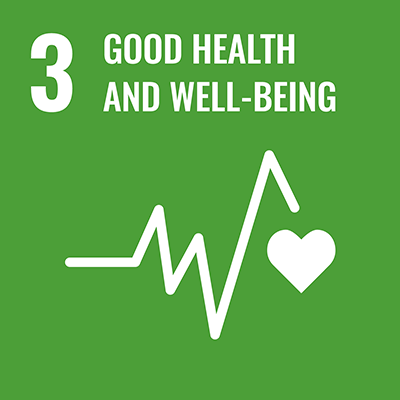)
Background:
The World Health Organisation describes poor air quality as the largest single environmental health risk and attributes eight million deaths annually to the consequences of exposure to air pollution. In recent times Vietnam has undergone rapid urbanisation, industrialisation and population growth and, as a result, has become one of the most polluted countries in the world. Despite this, air quality monitoring in Vietnam is patchy, and many of the previously reported studies are now quite dated. Given the rapid economic development and the growth of cities such as Ho Chi Minh City and Hanoi, there is a pressing need for new, up-to-date air quality measurements and a reassessment of the major sources of the observed pollution.
Objectives and activities:
In this study, measurements are being taken of a range of air quality indicators in the two largest cities in Vietnam (Ho Chi Minh City and Hanoi) in order to improve our understanding of the concentrations and sources of air pollution in these contrasting environments. A range of analytical equipment is being taken to Vietnam, to complement the existing measurements made by the Vietnam partners. These instruments will vastly improve the quantity and range of measurements currently available, providing us with significantly enhanced datasets of both gas phase and particulate pollution.
Impact:
The resultant air pollution database will be the largest and most comprehensive in Vietnam to date, and will serve as a valuable resource. Our work will inform government and non-governmental stakeholders about the current state of air quality in the two largest cities in Vietnam, together with an assessment of the major sources (processes and regions) of the pollutants observed. We anticipate that the data will be used to help devise evidence-based mitigation strategies that will eventually lead to an improvement in air quality and, consequently, to a decline in the poor health outcomes linked to air pollution.
The project supports international collaboration between partners in UK (UEA, University of York, Cranfield University and University of Manchester) and Vietnam (Ho Chi Minh City University of Sciences and Vietnam National University, Hanoi), and is building capacity through exchanges of knowledge - UEA hosted two Vietnamese scientists for two months and UK scientists are undertaking fieldwork in Vietnam.
SDG/target addressed:

SDG 3.9: By 2030, substantially reduce the numbers of deaths and illnesses from hazardous chemicals and air, water and soil pollution and contamination.
Researcher:
David Oram, NCAS Research Fellow, School of Environmental Sciences
